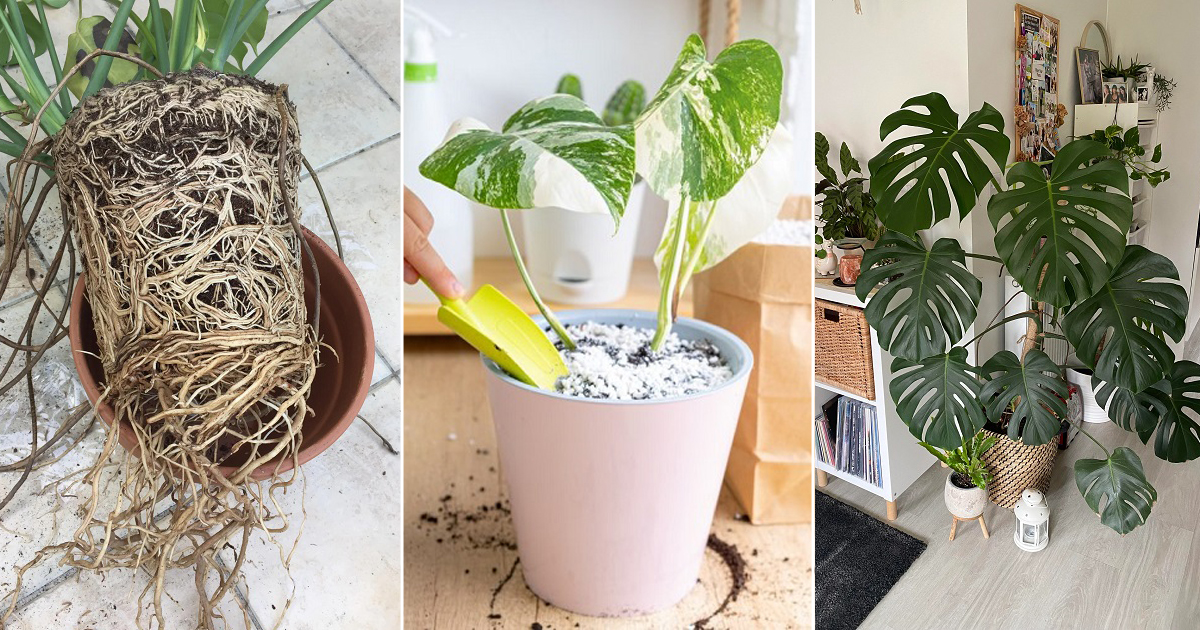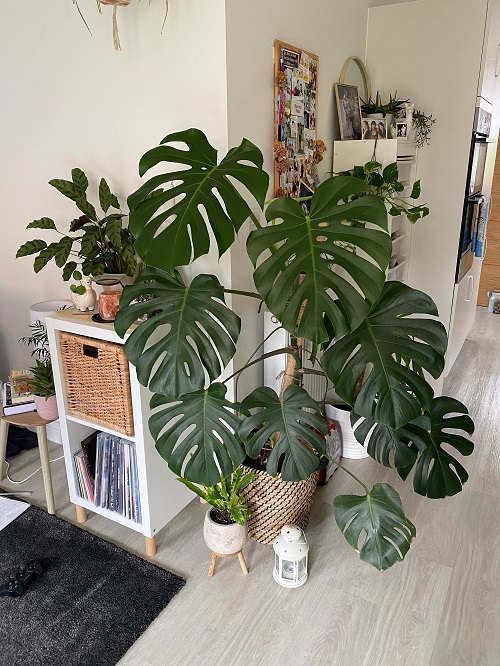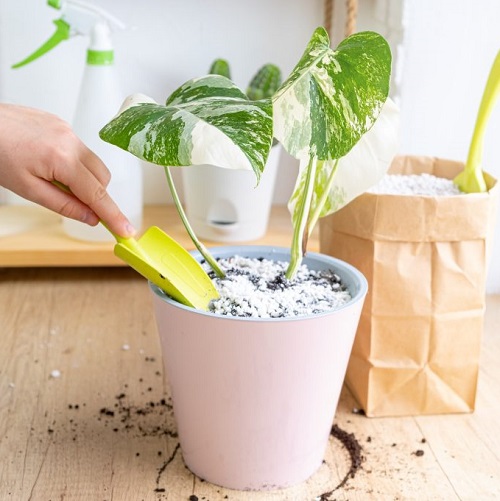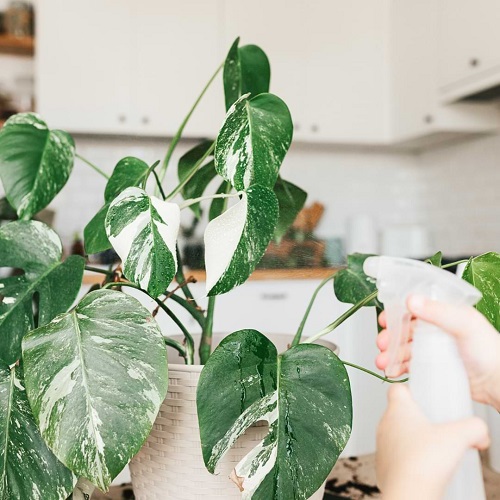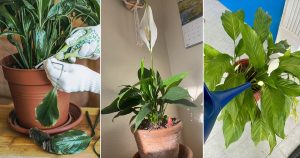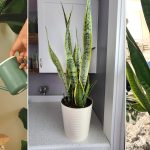Is that sound confusing to Fertilizing Monstera in Summer? Then don’t Skip These Crucial Tips for fine growth and good health of this plant.
Fertilizing Monstera in Summer? Don’t Skip These Crucial Tips
Why Summer Fertilizing Matters
Summer brings more light and warmth, which helps your Monstera grow new leaves and roots. However, all that growth depletes the soil’s nutrients. If you don’t feed your plant during this time, it might start to grow slowly, produce smaller leaves, or look a bit tired and dull.
Feeding your Monstera during summer helps it stay strong, green, and full of life. It also gives the plant the energy it needs to grow those large, split leaves that everyone loves.
Best Type of Fertilizer for Monstera
All plants need three main nutrients to grow well: nitrogen, phosphorus, and potassium. These are shown on fertilizer labels as N (nitrogen), P (phosphorus), and K (potassium). For Monstera plants, a fertilizer with a 3-1-2 N-P-K ratio is most effective. This means it has three parts nitrogen, one part phosphorus, and two parts potassium.
These nutrients help your Monstera grow healthy leaves, strong stems, and strong roots. All three are important, but nitrogen is the most crucial for Monstera, as it promotes leafy growth and the development of those beautiful split leaves.
To find a fertilizer with the right ratio, check the label for three numbers. If the first number is three times the second, and the third number is two times the second, it’s a 3-1-2 fertilizer. For example, fertilizers with ratios such as 9-3-6 or 6-2-4 are all suitable choices.
The numbers on a fertilizer label show how strong or concentrated the nutrients are. Higher numbers mean the fertilizer is stronger, so you’ll need to mix it with more water to make it safe for your plant. If you’re using liquid plant food, always add enough plain water to keep the mix balanced and gentle.
Compost works a bit differently. You can’t change what’s in it, so the best thing to do is use the right amount. Make sure to choose a well-balanced organic compost that’s safe and healthy for your Monstera.
How Often to Fertilize in Summer
During the summer, it’s usually safe to fertilize your Monstera every two to four weeks. Always start with a weaker mix than the label says—maybe half or even a quarter strength. This helps prevent overfeeding, which can burn the roots or damage the plant.
It’s best to water your Monstera first before applying the fertilizer. That way, the nutrients soak in gently and don’t shock the roots. As the weeks go by, keep an eye on your plant. If it’s growing happily, you can continue the same routine. If not, you may need to adjust.
Signs You’re Overfertilizing
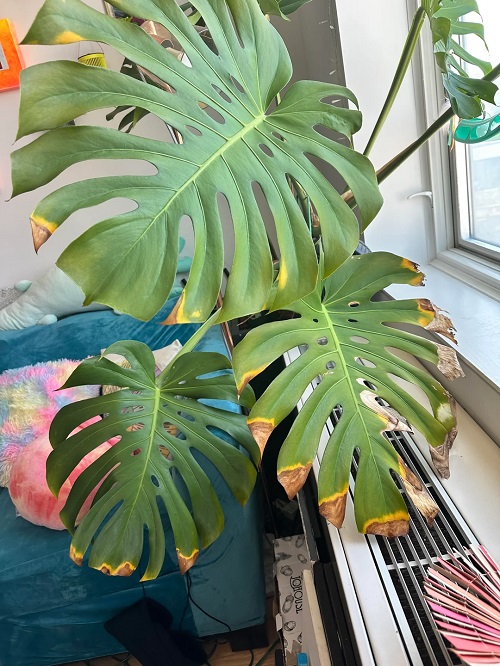
Too much fertilizer can actually harm your Monstera. If you notice brown or crispy tips on the leaves, a white crust forming on the soil surface, or the plant wilting even though it’s watered, it might be getting too much food.
Yellowing leaves that appear suddenly can also be a sign. If this happens, stop fertilizing and flush the soil with clean water. Give the plant a break for a few weeks before feeding again.
Extra Tips for Summer Feeding
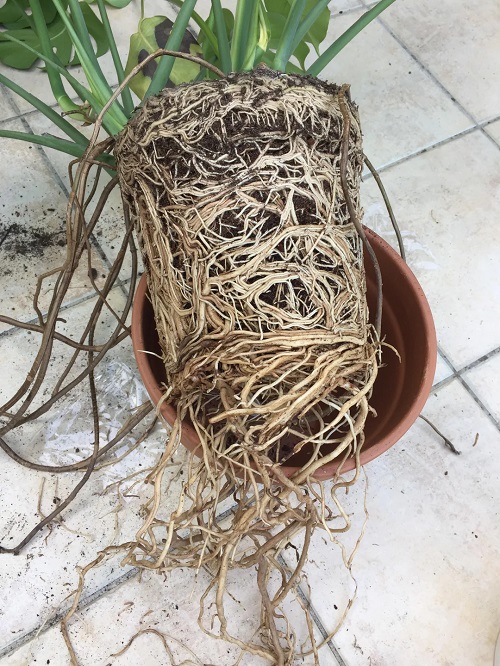
Try to fertilize your Monstera in the morning or on cooler, cloudy days. Avoid feeding it during the hottest part of the day, as this can stress the plant. Keep the leaves clean by gently wiping them with a damp cloth. This helps the plant photosynthesize better and make the most of the nutrients you give it.
If your Monstera is rootbound and not taking in water well, it might be time to repot. A plant with healthy roots will absorb fertilizer more effectively. However, if you’ve just repotted, wait at least two to three weeks before feeding again, so the plant can settle in first.
What About When Summer Ends?
As summer turns to fall and the days become cooler and shorter, your Monstera’s growth will slow down. This means it needs less food. Begin to reduce the frequency of fertilizing—perhaps once a month—then stop completely during the winter.
When you see new growth again in spring, you can start feeding your Monstera regularly once more.

